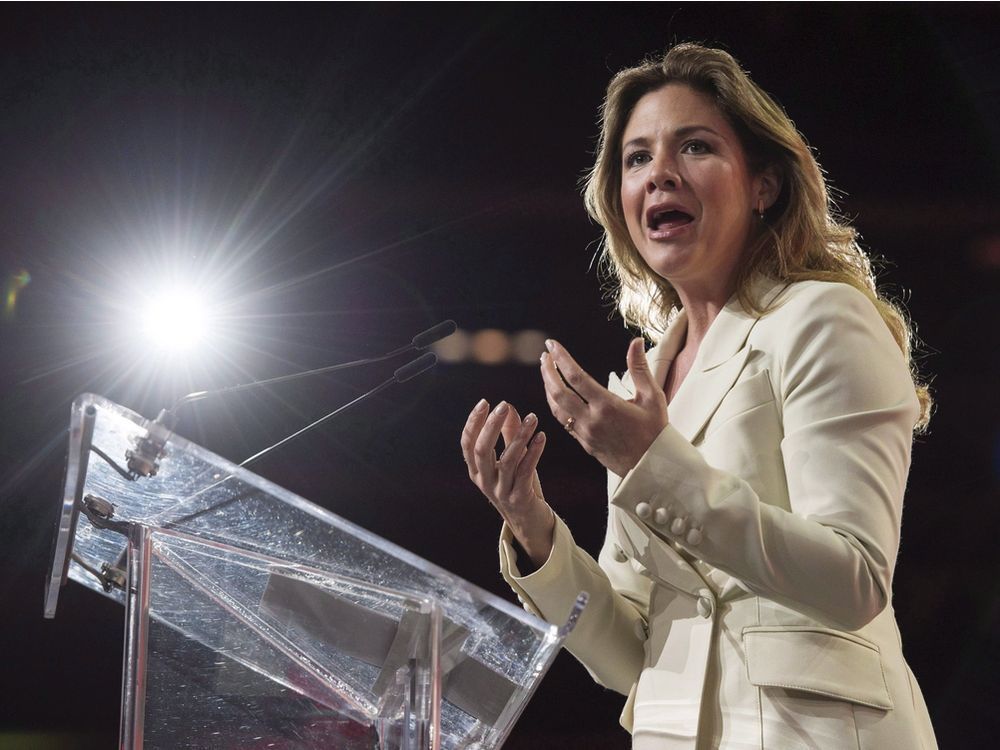in the past, other tennis players have sometimes made the same decision: serena williams was
fined $1,000 for refusing to attend a press conference in 2018, and novak djokovic
was fined $7,500 for the same reason in 2020.and while osaka has received support from many athletes, her stance has also begun the conversation around whether the rule around speaking to the press within a half hour after a match needs to be revised.
“if it was just more time after that big loss, so that you can compose yourself and digest and cry out of the spotlight,” british player naomi broady told the bbc.others point out that press briefings are an important part of the job of an athlete. and while the
world tennis association issued a statement about the importance of its athlete’s mental and emotional health, inviting a “dialogue” with players, it also reiterated the responsibility athletes have to fans and the public.“professional athletes have a responsibility to their sport and their fans to speak to the media surrounding their competition, allowing them the opportunity to share their perspective and tell their story.”
mental health in sport it’s easy to understand how anxiety and other mental health concerns might affect professional athletes, whose work is by definition public and highly competitive. and many of them are “high-achieving perfectionists,” david yukelson, former director of sports psychology services for penn state athletics and a past president of the association for applied sports psychology
told the conversation in 2019. in a lot of cases, that can make losses or disappointing performances hard to deal with.
and while things are starting to change, there’s still a lot of stigma related to mental illness in the sports world. the focus on physical fitness and performance can make it difficult for athletes to ask for help with a less-tangible problem,
toronto’s centre for addiction and mental health (camh) explains.
a 2019 study found that elite athletes often have more negative attitudes towards seeking help for mental illnesses than the general population, and that they often fear professional consequences for seeking help. in some cases, athletes who spend most of the day training just might not have the time to seek help.osaka also posted two short videos on instagram. one was of
an old interview with a 14-year-old venus williams, getting progressively less confident as she’s asked over and over about an upcoming match. that’s when her father richard steps in, asking the interviewer to rethink his approach.“what she said… she said it with so much confidence the first time. but you keep going on and on,” richard tells the reporter. “you’ve got to understand that you’re dealing with an image of a 14-year-old child.”the other clip is of nfl player marshawn lynch ahead of the 2015 super bowl, when his team the seattle seahawks faced off against the new england patriots. “i’m just here so i don’t get fined,” he said. “y’all can sit here and ask me all the questions y’all want to, i’m going to answer the same answer.” he then proceeded to answer every single question the same way: “
i’m here so i won’t get fined.”over the last few years, more athletes have started to talk about their own mental illnesses, and the realities of the pressures they face. in 2018, champion swimmer michael phelps revealed to sports illustrated that he’s struggled with depression, and that
he considered suicide after the 2012 olympics, where he broke records by winning
16 olympic gold medals.osaka’s original post received widespread praise, with supportive comments from thousands of people, including fellow athletes.“girl, do you. your life is yours to live!” wrote venus williams.
if you’re an athlete struggling with your mental health, take a look at camh’s resources.
 4 minute read
4 minute read








